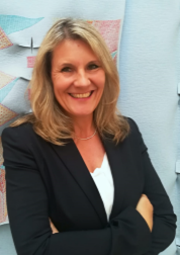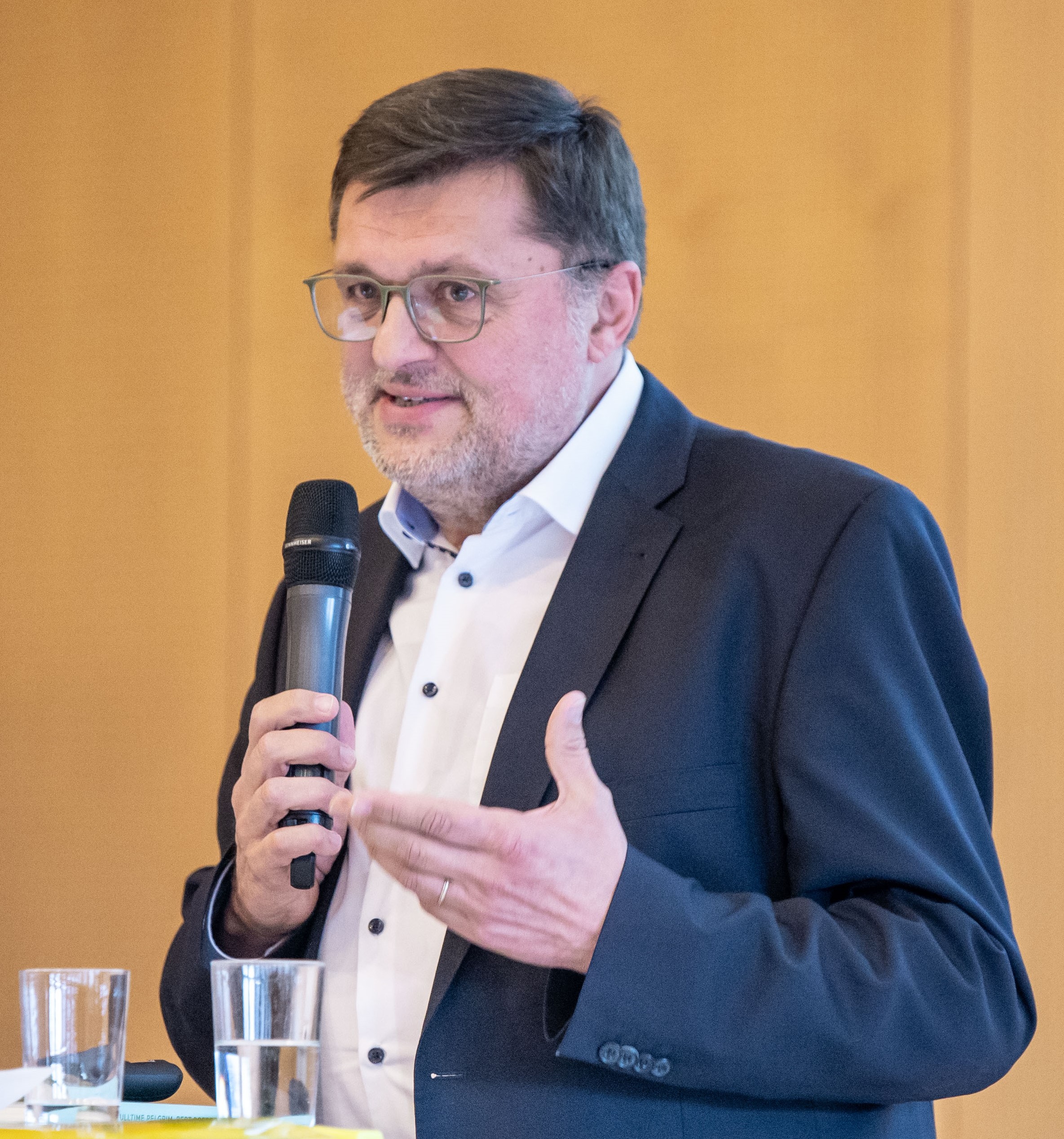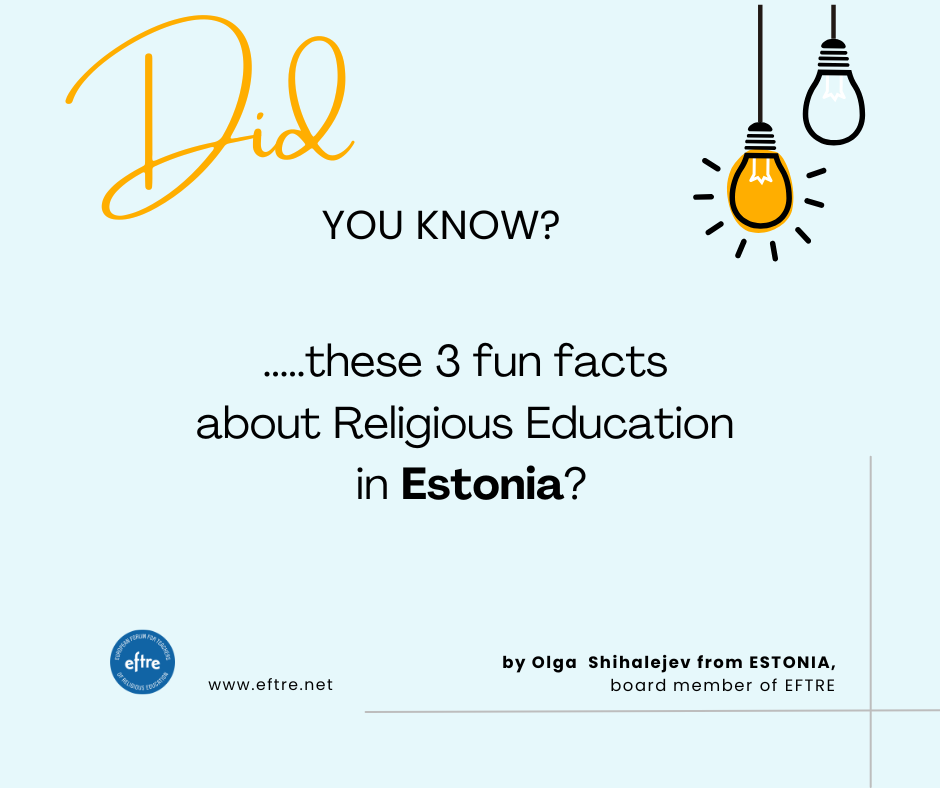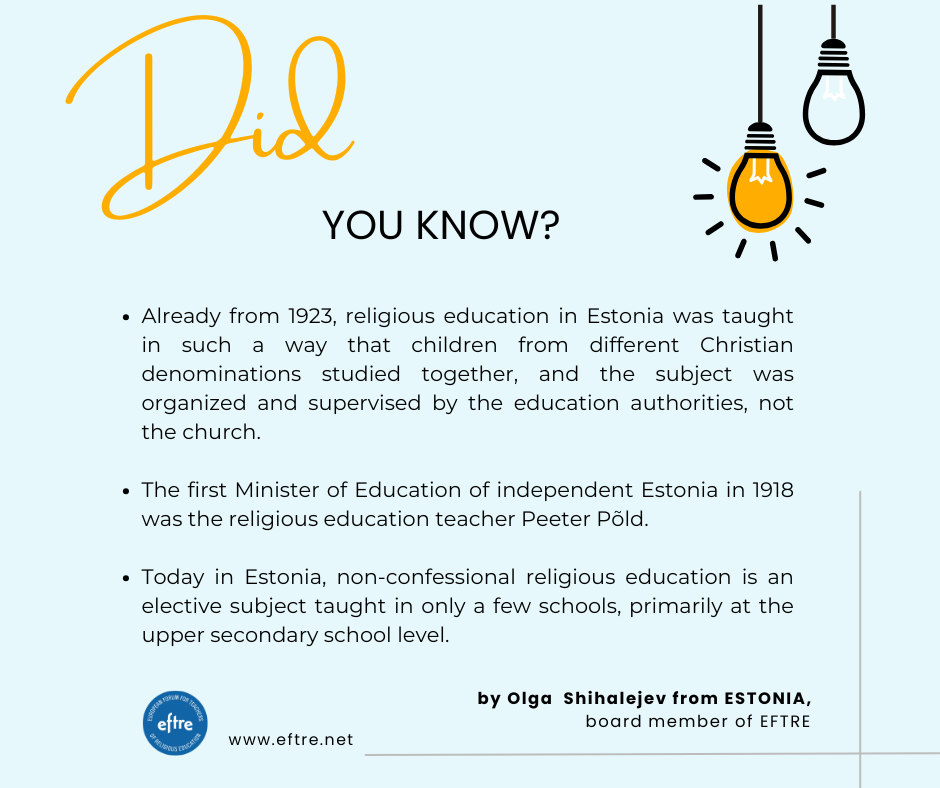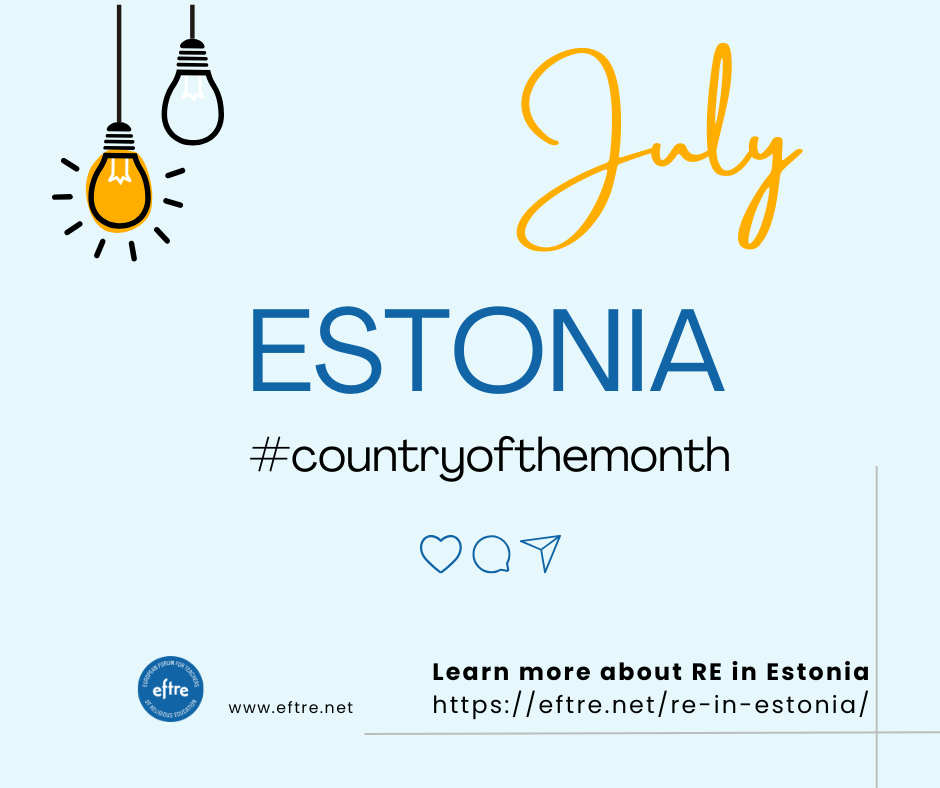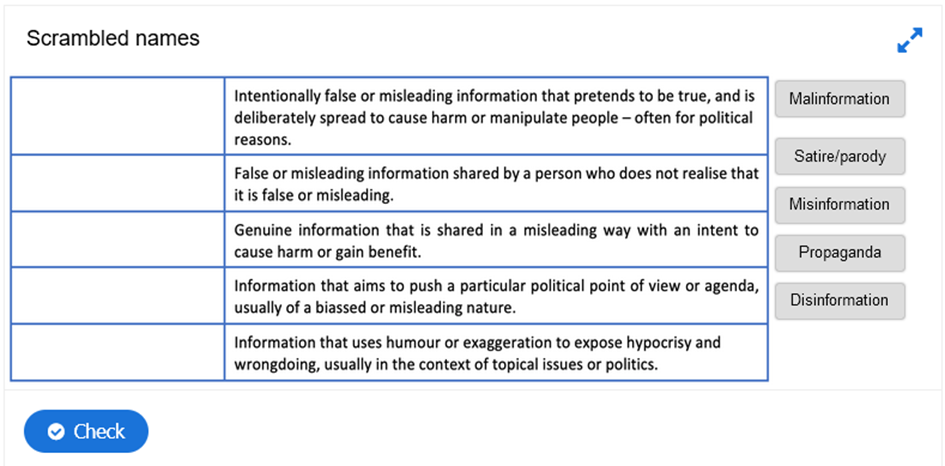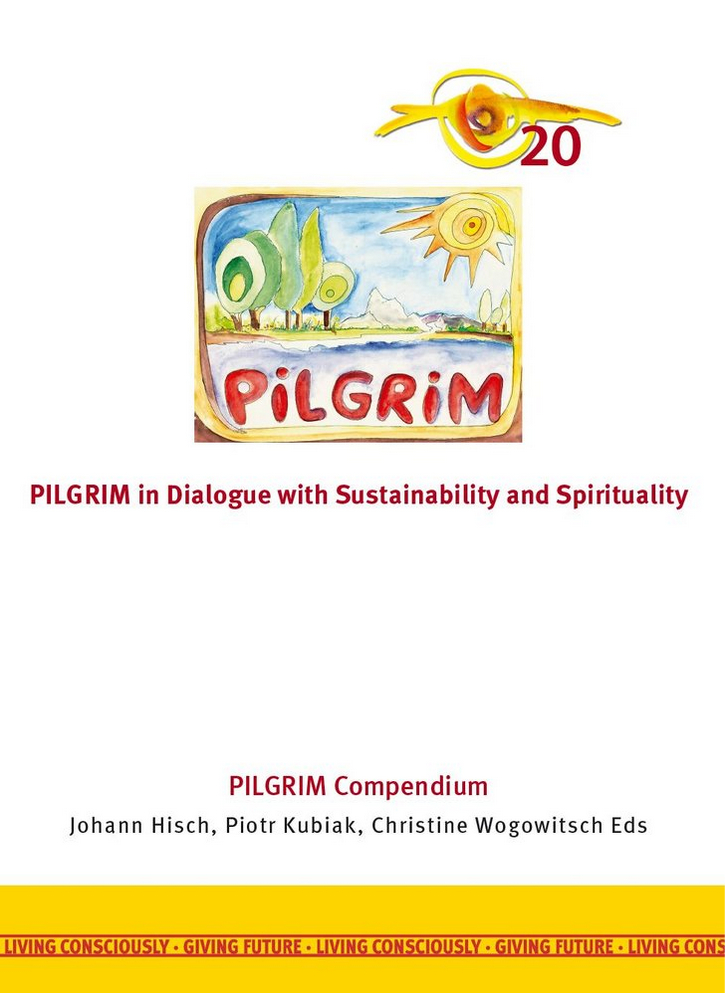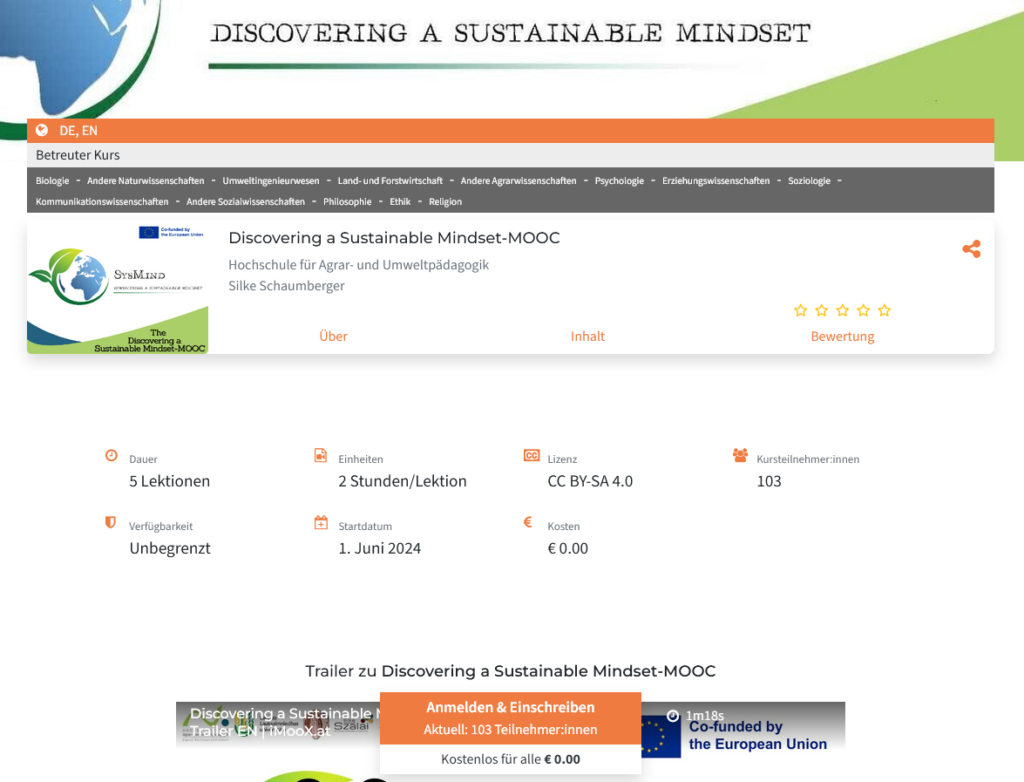ICCS news:
Since spring 2021, a Committee on Interreligious and Interconvictional Dialogue has taken up its work at the Conference of International Non-Governmental Organisations at the Council of Europe. [1] “Self-awareness as the key to intercultural and interreligious understanding” was the topic of a webinar organised by the Committee in October this year.
Without self-awareness – why we do what we do, why we say what we say, and why we believe what we believe – it is difficult to understand the perspective of others. Self-awareness promotes a deeper understanding of our own conditioning and helps us to empathise more deeply with ourselves and others. This fosters the breaking down ideological barriers and building bridges as we learn to accept and appreciate those who are different from us. Through self-knowledge, we see the person in the other and do not stick to external aspects. A strengthened self-confidence also strengthens the self-confidence of others. Through deepened self-awareness, a broader view opens to accept things around us more fully and comprehensively and to face critical situations more freely and empathetically. Improved self-awareness leads to human, cultural and spiritual connectedness and constructive interactions with others for the benefit of the whole community. That education, following the humanistic tradition, is also “heart education” became clear in the educational programmes presented at the webinar with very different religious backgrounds.
Victoria Coleman, psychologist, presented the Foundation for Development of Compassion and Wisdom (FDCW): The programme, which originated from Buddhist spirituality, is based on individual experience (experienced compassion and care) as well as on guiding criteria (ethics) that are seen less as rules to be followed, but rather as principles of self-restraint that have the well-being of others in mind.
In the Buddhist tradition of self-development of the mind, this programme, based on 16 guidelines, tries to teach such practices. The “16 Guidelines” programme has, for example, been approved by the Israeli government for use in schools and is also being tried out in schools in other countries.
Kassim Mohamed Addan (TUSMO) from Bergen, Norway, reported on his experiences in the field of educational work with families with a migrant background. He is a senior hospital pharmacist, founder and chair of the executive committee of TUSMO, a national association working in the field of social integration of Somali migrants in Norway. This programme is about understanding the gap between generations of migrant families and facilitating fruitful dialogue within the family. In dialogue seminars, participants deal with the expectations, fears and disappointments of the other generation. The basis is to create spaces of trust (save havens) in order to learn to understand their own problems as well as those of the other generation.
Kari Flornes (GERFEC), an educational scientist from Norway and President of GERFEC [2] since 2017, also brought her many years of experience in the field into the discussion. She emphasised that especially in education with an intercultural context, it is essential to first learn to perceive oneself. Thus, for the GERFEC initiative, in which she has been involved for years, empathy is at the centre of the intercultural education concept. Besides the creation of “safe spaces”, it is above all the development of competences for empathic communication that GERFEC sees as key to successful intercultural dialogue.
This was already the second webinar of the interreligious and interconvictional dialogue committee and probably not the last. Further events are already being planned regarding issues in the context of migration and the controversial question of gender equality and gender issues, especially in religious communities.
Sören Lenz
[1] The neologism “interconvictional” is understood in the circle of French-speaking NGOs as a functional term to include humanistic worldviews in the dialogue. It is understood as a complementary term to “interreligiousness,” but it is known only in the French-speaking world. It remains to be seen to what extent it will be able to establish itself.
[2] GERFEC (Groupementd’Étude et de Recherche pour la Formation des Enseignants Chrétien) European Group for research and training of teachers, holding Christian and other beliefs and convictions, based in Bergen, Norway.
